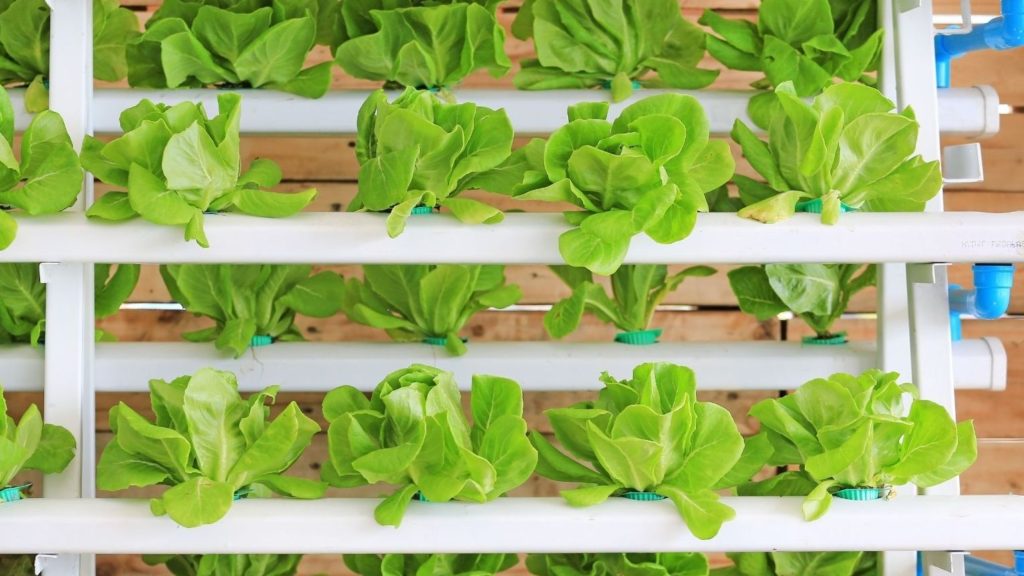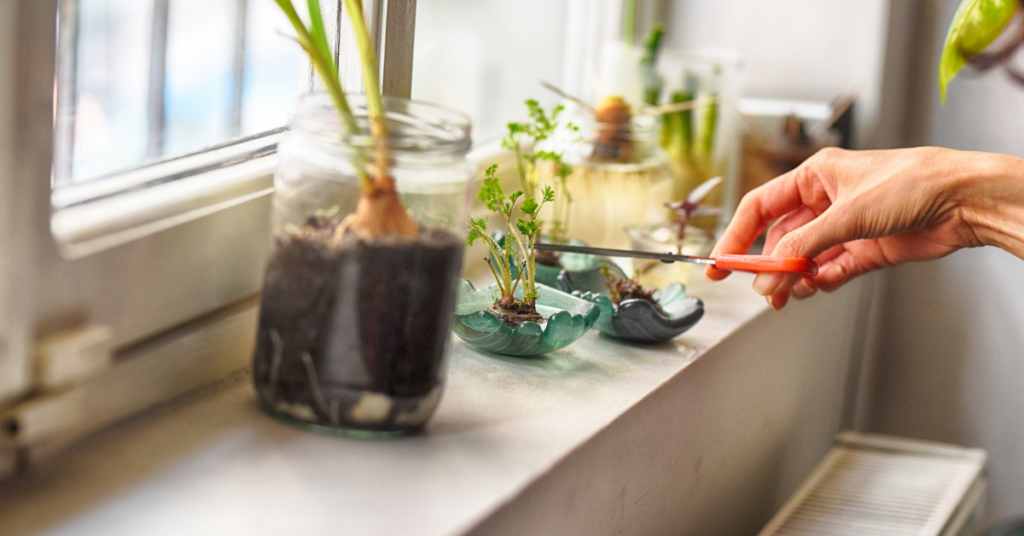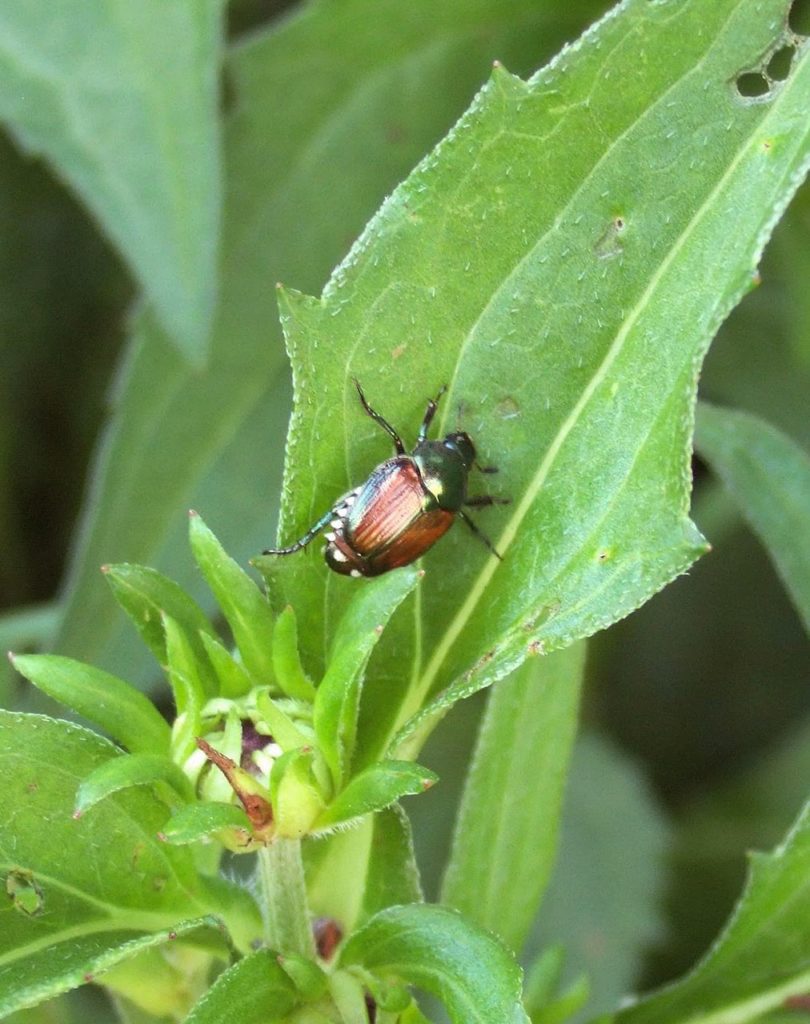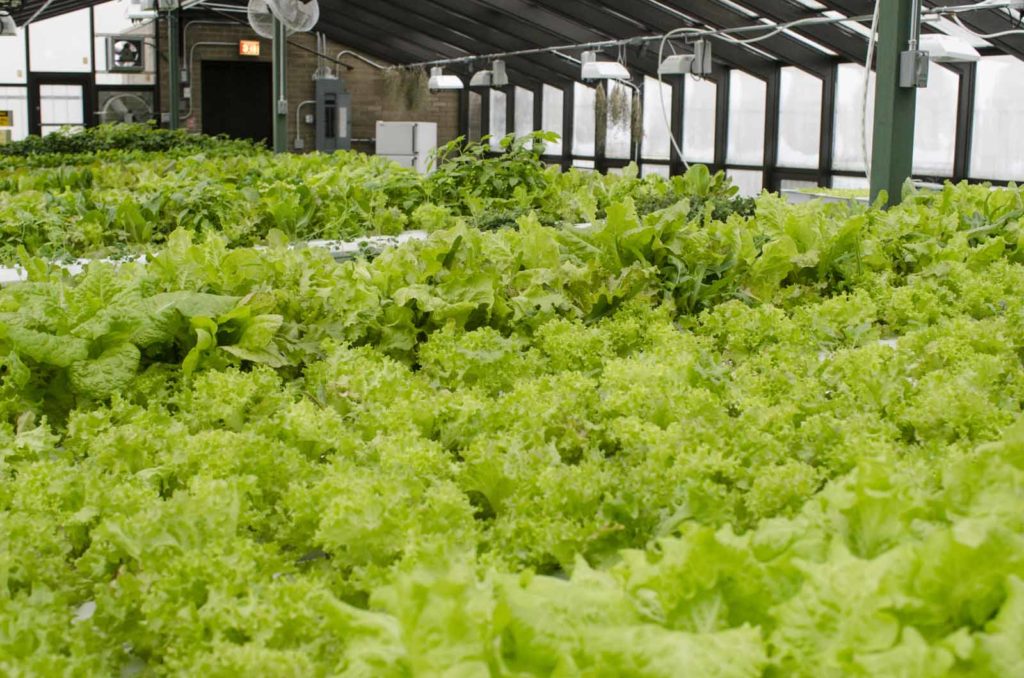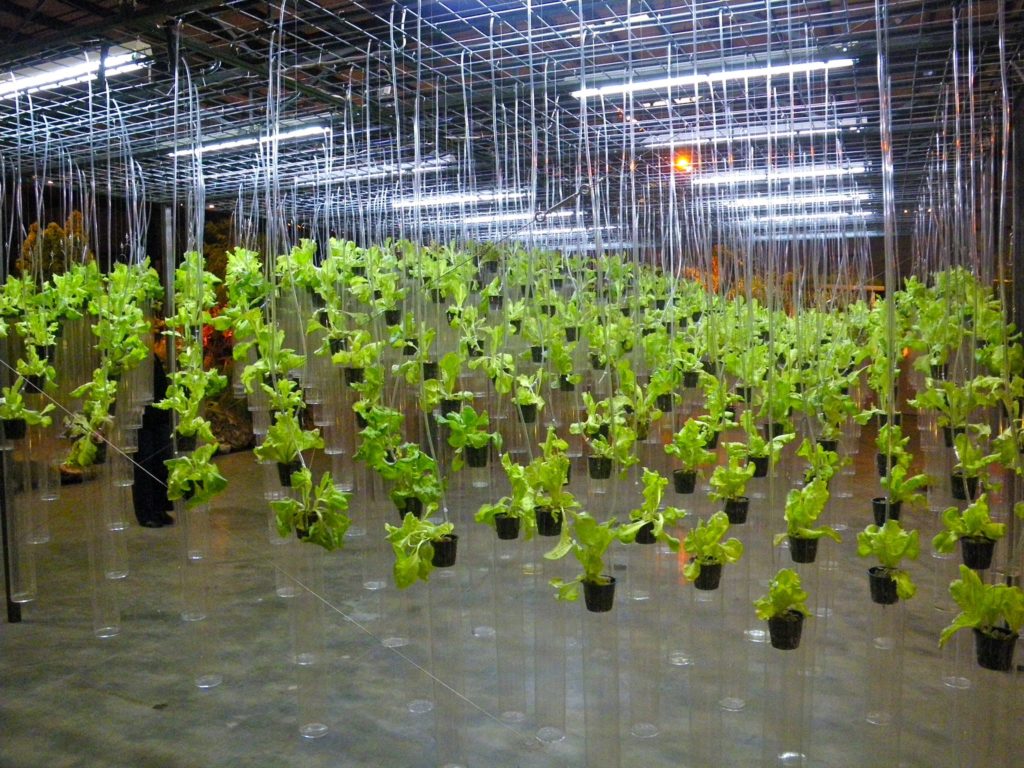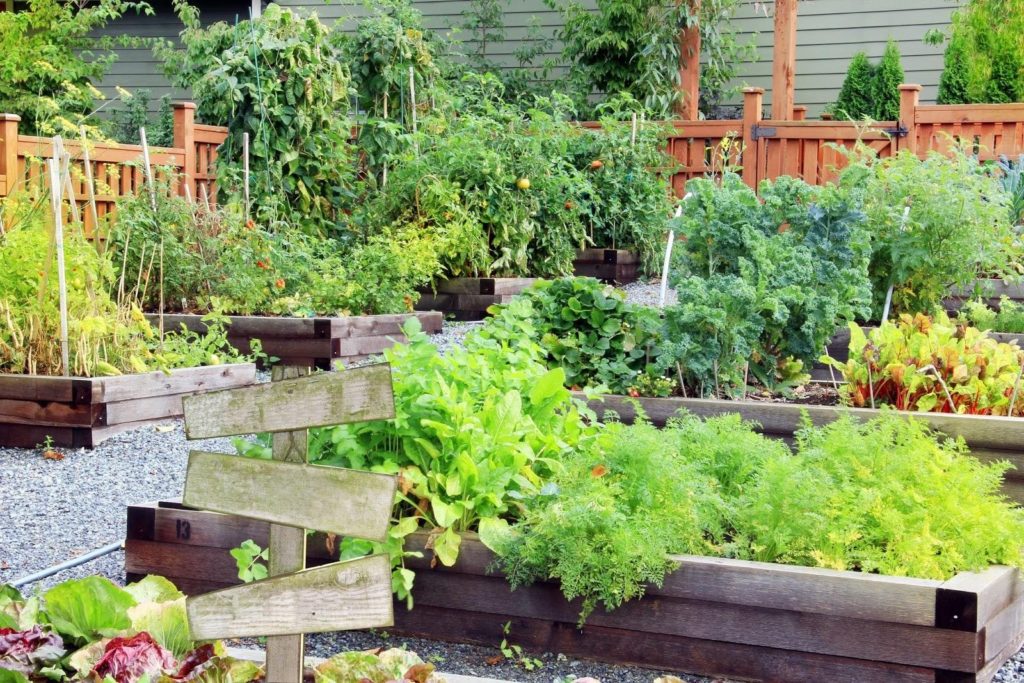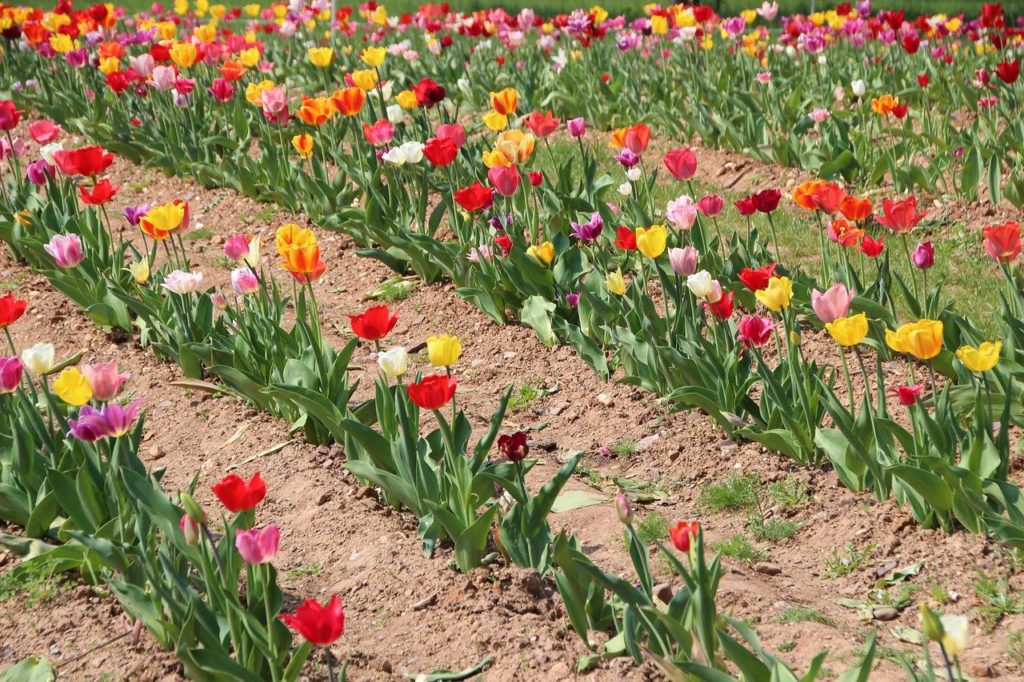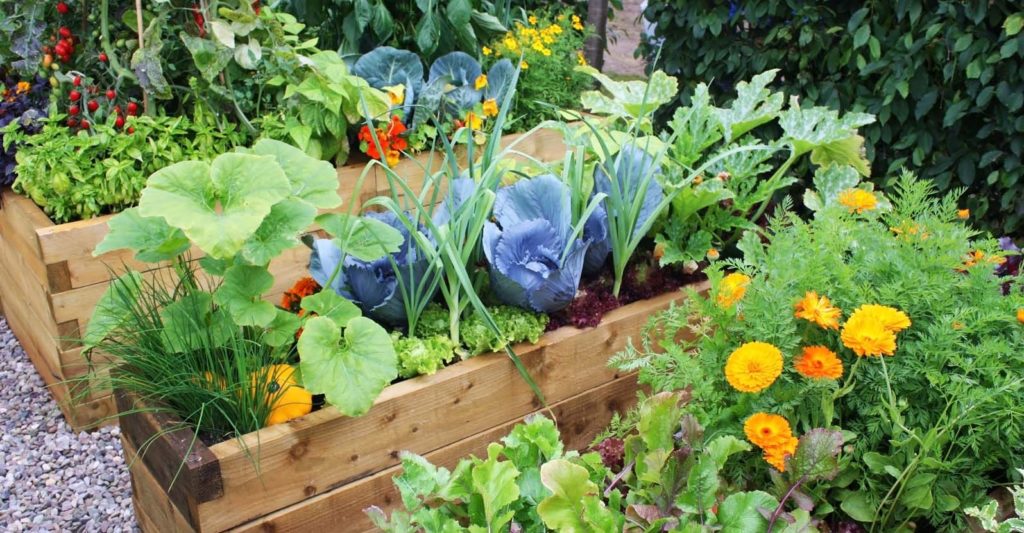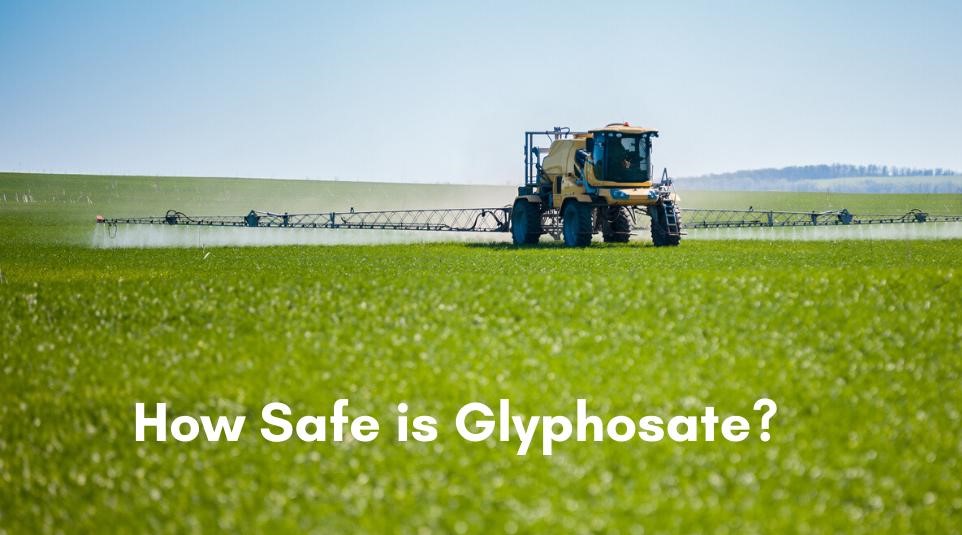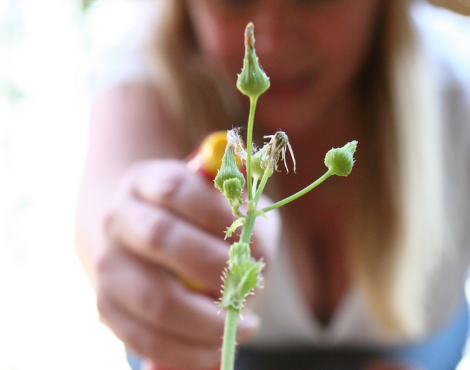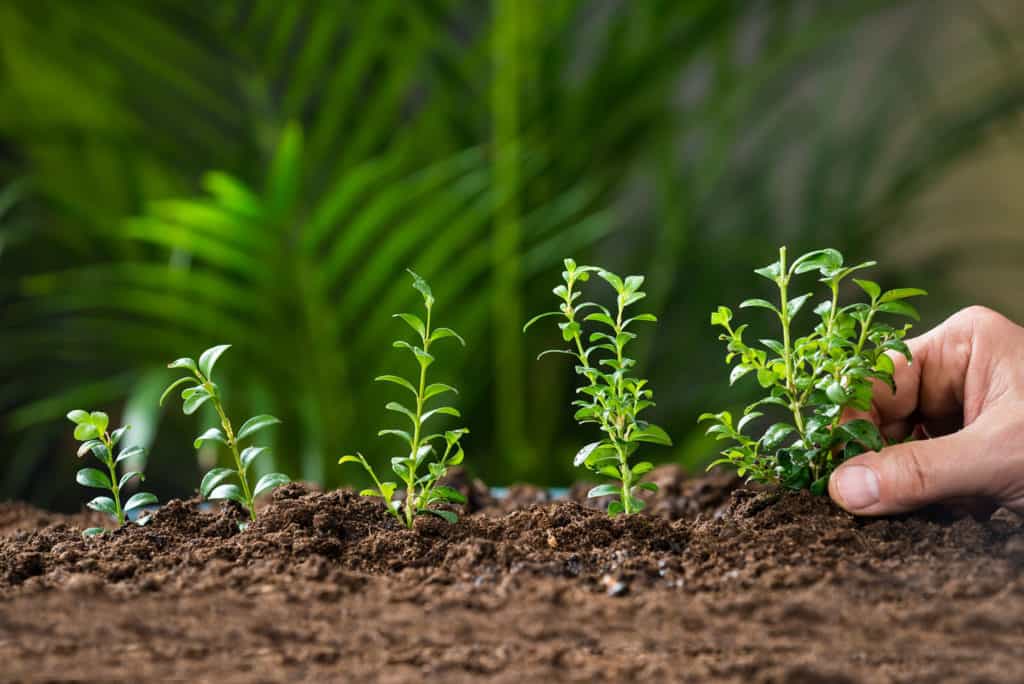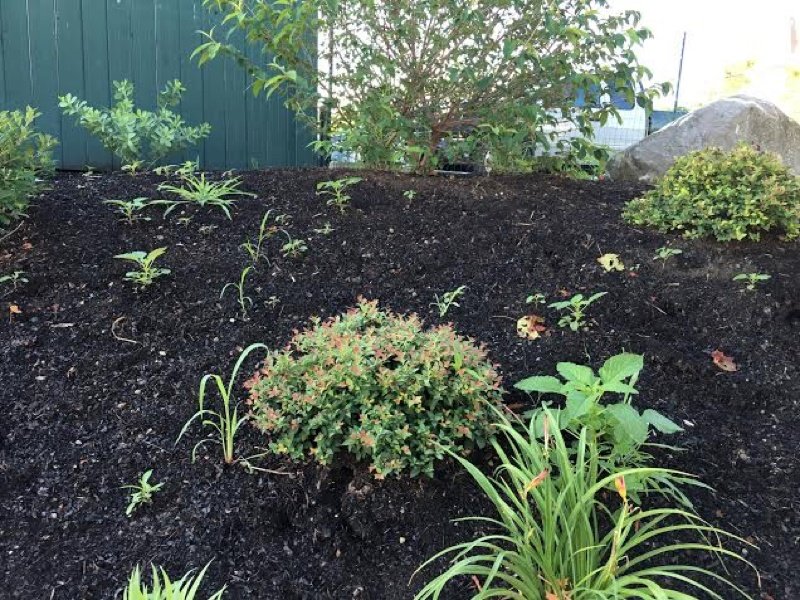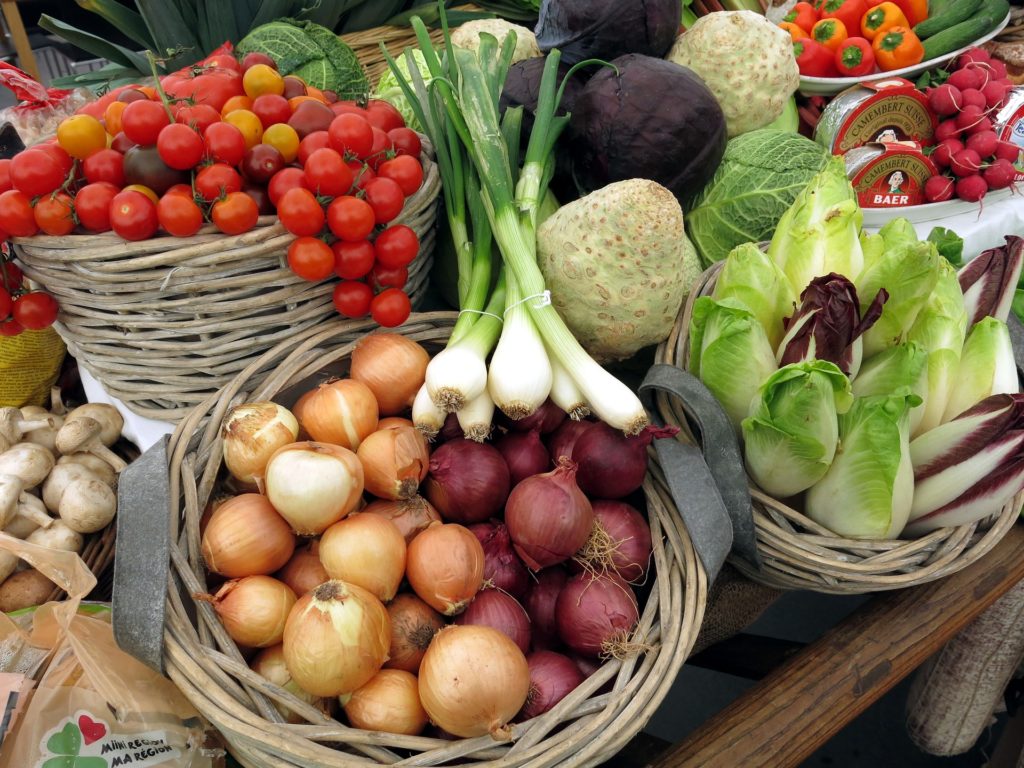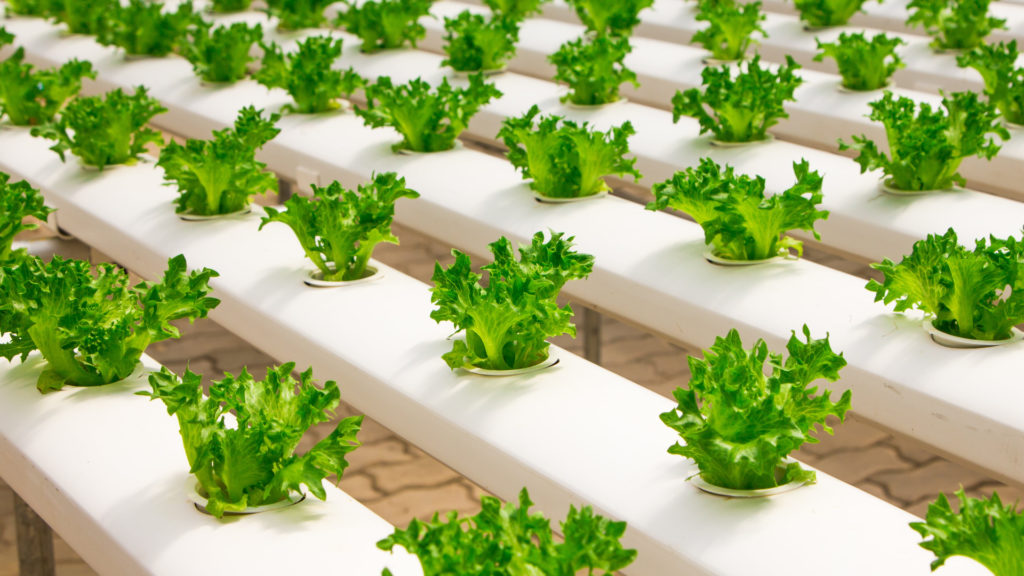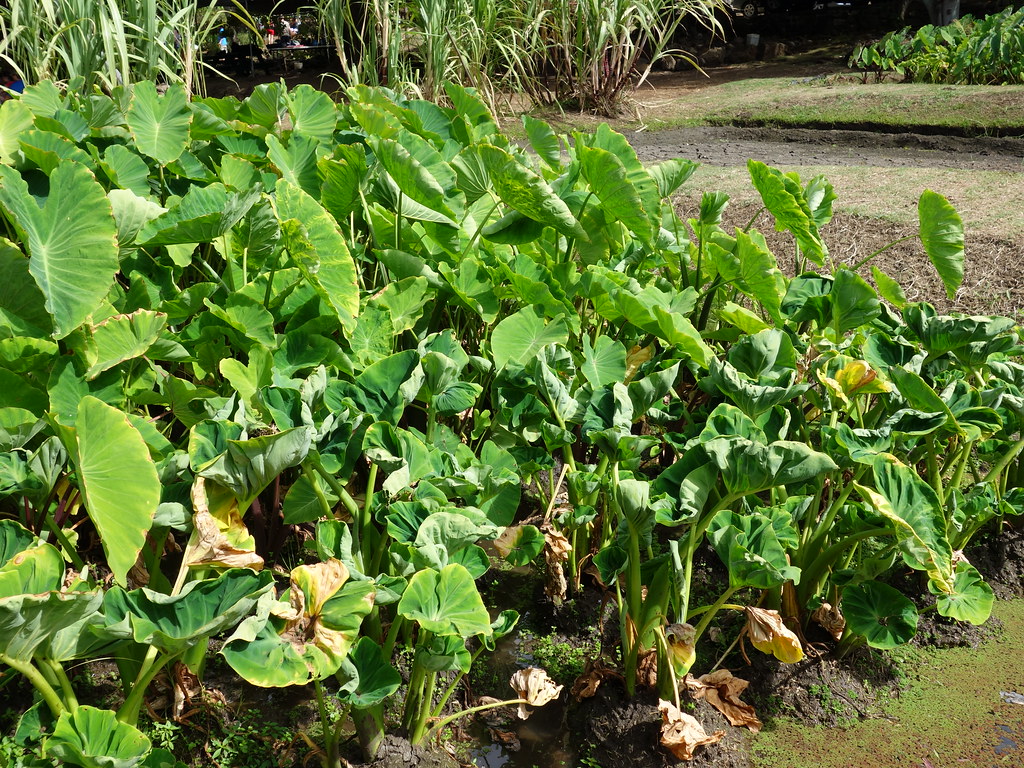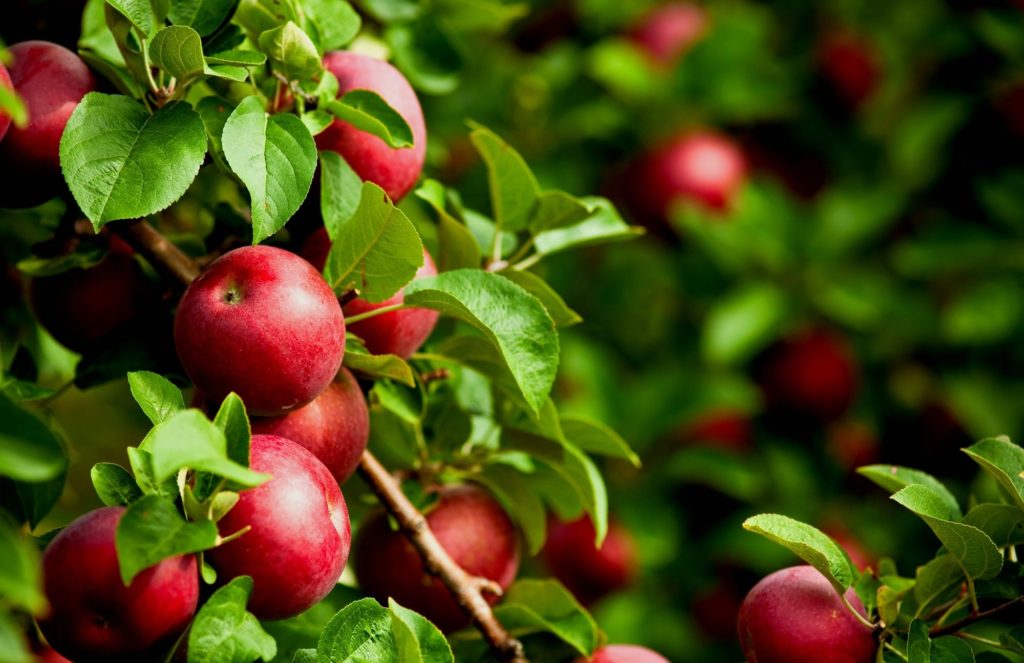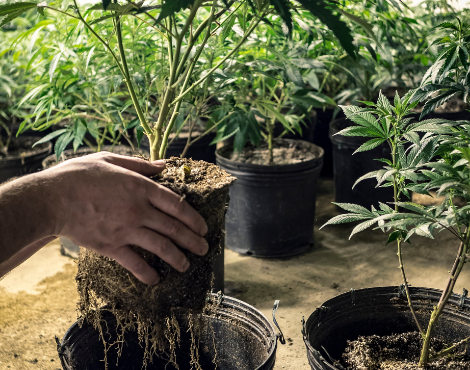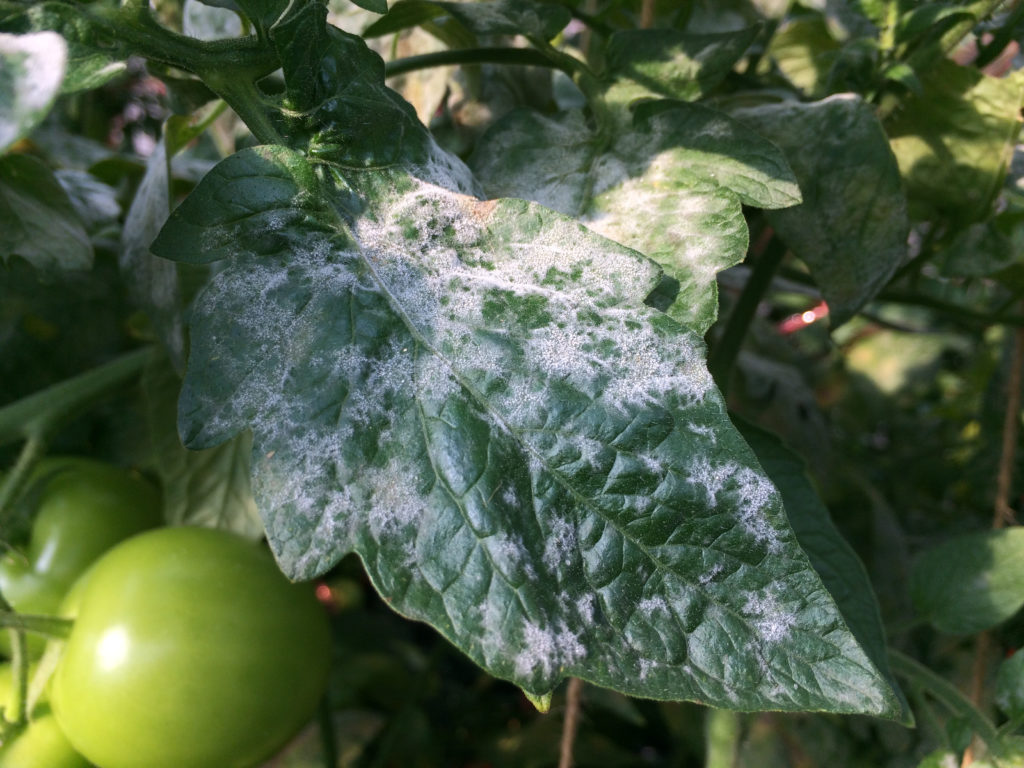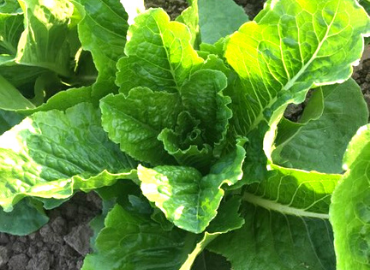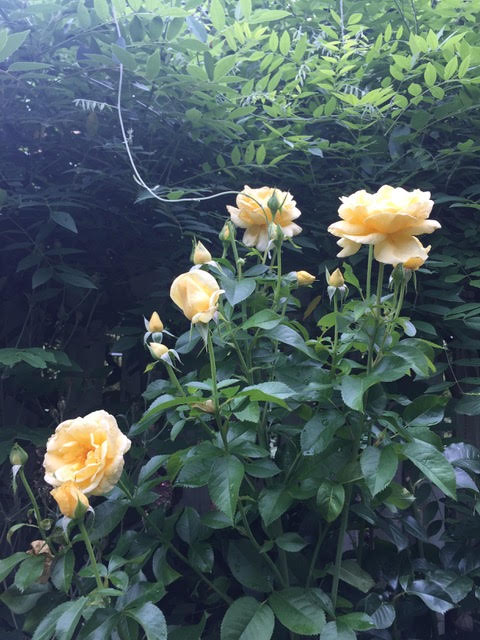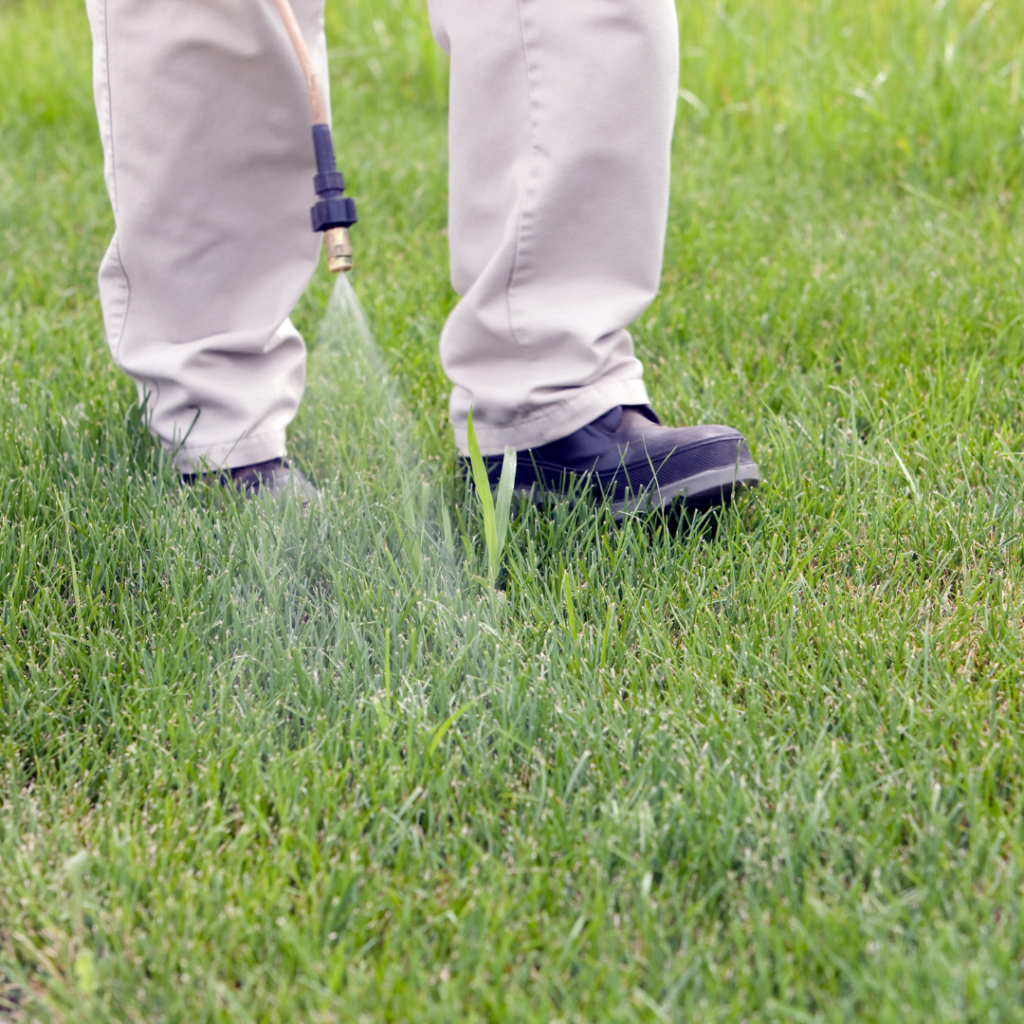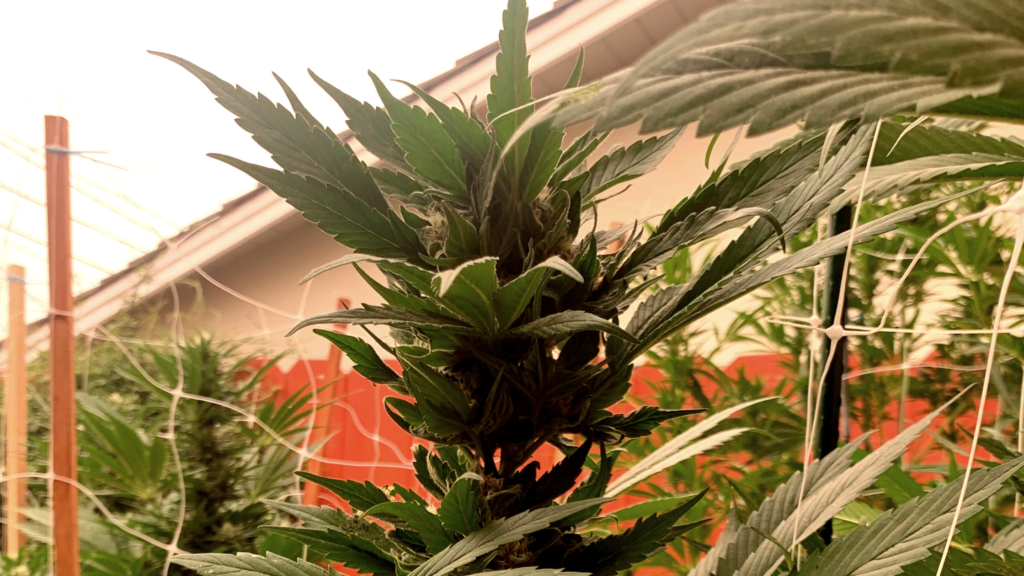Sierra Natural Science Blog
No Soil, No Problem
Did you know you can grow plants indoors without soil? Growing without soil is called hydroponics. Hydroponics uses water instead of soil to grow plants. Plants typically get most of their essential nutrients from the soil. So when you don’t have soil, it’s important to use fertilizers. At Sierra Natural Science, we’ve developed specialized …
How To Spot Spider Mites
Spider mites are tiny little pests that can cause big time damage. They live in large colonies and feed on plants by sucking the juices from their leaves. Spider mites can be hard to notice at first since they are so small, but they can quickly get out of hand. Seeing delicate webbing on leaves …
Keep your indoor plants looking their best
Wish you could grow all-year-round? Well, you can! To keep growing even when the weather turns cold, try bringing your plants inside. Indoor gardening works by using pots with soil or by using hydroponics. Grow Your Own Food All-Year-Round With supply chain disruptions and shortages, now is the time to grow your own food. …
Continue reading “Keep your indoor plants looking their best”
Aphids Infestations
What Are Aphids & How Do They Harm Plants? Aphids are little bugs that can cause a lot of trouble. They typically clump together in large numbers and feed on all parts of many different kinds of plants. Aphids can be all sorts of colors too–even pink. Though tiny, aphids can cause major damage. Their …
How to prevent Root Rot
What is Root Rot & How Do You Know if You Have it? Root rot is essentially what it sounds like: rotten roots. When roots get exposed to too much water for too long, they can begin to rot. Rotten roots turn black, mushy, and when the roots die, the rest of the plant shows …
What causes fungi to grow?
Plants are constantly exposed to the elements. Rainfall, irrigation, and sunlight all play a part in diseases and how to control them. Common diseases like powdery mildew may not kill your plant but can stunt growth. Powdery mildew is a white, fine covering that can show up on leaves and stems. Infected areas can turn yellow or dark-colored, and …
Does Neem Oil really work?
How are neem oil pesticides made? Neem Oil spray is made through extraction of neem from the seeds of the neem tree native to India. This tree contains an active chemical compound, azadirachtin. The pesticide exhibits low toxic chemicals and sometimes controls insect infestations in greenhouses and gardens. It can discourage insects from feeding on plants but often harms plants …
Pet-Friendly Gardens
Toxic things you didn’t know you had in your garden Creating a pet-friendly green space at home can be a bit of a learning curve. There are many common and beautiful plants that can be very toxic to pets. Even if you’ve stayed clear of toxic plants, the fertilizers and pesticides you’ve used can leave harmful residues behind. How …
Ultimate Guide to Killing Bugs
Learn how to kill 41 common garden insects Red Spider Mites Red spider mites are a tiny but persistent species of mite that can severely damage your plants. They can destroy a whole garden in a short amount of time. And they’re common during the hot summer months, particularly in dry conditions. This is when …
How to Correct PH in Soil – Get Your Plants Growing at the Highest Level
Do you know how to correct pH in soil for improved plant growth? Do you know that proper levels of pH are crucial to proper growth and yield? You need to know how to adjust pH in the soil to create the best possible plants to grow and be healthy. The method we describe is …
Continue reading “How to Correct PH in Soil – Get Your Plants Growing at the Highest Level”
How to Condition the Soil Before Planting
If you are new to hydroponics and are still learning how to garden, one of the main fundamentals you should master is how to condition the soil before planting and how to condition the soil surface. This not only will help you determine whether your planting is successful, but it is also going to determine …
Continue reading “How to Condition the Soil Before Planting”
How to Choose Growing Mediums For Plants
Indoor hydroponic lighting is used for the purpose of growing plants in indoor environments, but not at the exact same time as they would be grown in a traditional outdoor garden. Most hydroponic systems are actually indoor gardening systems but some hydroponic, indoor gardening systems can also be used for outside applications such as for …
What kills weeds permanently?
Weeds can be quite stubborn, particularly during the springtime and summertime. Many gardeners believe that you may never permanently eliminate weeds from a garden. Yet, many different products on the current market can permanently kill weeds, providing you the desired results. There are also some natural ways to get rid of these pesky weeds, and …
Weed Killer for Flower Beds
Spring and summer are the most well-known days of the year to prepare your flower beds for the growing season. People today invest hundreds or thousands of dollars in order to make certain that their gardens have the proper preparation. If you are one of these folks, you may wish to consider a strategy that …
How long does weed killer last
How long does weed killer last? This is the question that many homeowners and gardeners ask, particularly when using herbicides to rid their gardens of weeds. Broadleaf weeds have always been a significant problem in gardens, both because they’re unsightly and because they are difficult to control. While the compounds used in some of the …
Why is Glyphosate Dangerous? Everything You Need to Know
It’s important that we don’t allow herbicides to dictate how we live our lives. Unfortunately we live in a society in which our government doesn’t set consumer-centric policies on the use of hazardous products. Because of this, we’re exposed to poisonous substances each day without even realizing that we might be at risk for health …
Continue reading “Why is Glyphosate Dangerous? Everything You Need to Know”
Are thoughtful weed control products actually accessible?
Why do Herbicides get a bad rep? Weed Killers (herbicides) are widely used on agricultural areas, schools, golf courses, residential areas, and more. But are they safe? Many of them contain chemicals that can harm the environment and its inhabitants. Some contain Glyphosate, a chemical studied by the Environmental Protection Agency (EPA) and linked potential …
Continue reading “Are thoughtful weed control products actually accessible?”
How does weed killer work?
Weed control is a very important part of the plant production process. It is almost impossible to achieve both high and good quality yields without weed control. Weed killers became increasingly important in integrated plant production when hand weeding ended in the 20th century. They reduce unwanted weeds in plantations. By lowering the pressure of …
How Long Does Weed Killer Stay in Soil?
Most weed killers are applied to the soil weeks or months before planting takes place. As the weed population increases, weed killing chemicals become less effective over time. Although weed killers become less effective over time, they can remain in the soil for a significant amount of time. This leads many people to ask, how long do herbicides stay in the soil? When weeds reappear after you …
Why Are Thoughtful Weed Killers Important for Our Planet’s Future?
Weed killing chemicals were previously praised for overcoming agricultural difficulties and shortages. Herbicides were known as the technological answer to combating weeds that impeded a healthy and productive crop. Herbicides increased crop yields by weeding out unwanted plants and keeping the soil fertile and thus leading to more vigorous, potent plants. However, these artificial products …
Continue reading “Why Are Thoughtful Weed Killers Important for Our Planet’s Future?”
How Long Does It Take Weed Killer to Work?
Weeds appear almost everywhere–mostly in large quantities that are not easy to eradicate. They take away space, sun, and nutrients that are essential for the care and survival of cultivated plants. They cause them to weaken and linger, or even die. The fight against weeds is therefore an unavoidable part of growing your crop. It …
Continue reading “How Long Does It Take Weed Killer to Work?”
What Nutrients Do Hydroponic Plants Require?
Hydroponic cultivation takes place in water. Combined with the right fertilizers, it gives fantastic results for plants. The main advantage is that plants grow and ripen much faster. This is because the water solution is delivered directly to the roots. To achieve this, it is necessary to maintain water in organic hydroponic nutrients systems at …
Continue reading “What Nutrients Do Hydroponic Plants Require?”
How to Get Rid of Garden Pests?
Are you among the millions of people that want to understand how to get rid of garden pests? If so, you’re definitely not alone. Gardeners have fallen beneath the gun in recent years when it comes to coping with pests. Many individuals have spent enormous sums trying to get rid of pests that will not …
DC Fights Mold at Almond Ranch
Plants are constantly exposed to the elements. Rainfall, irrigation and sunlight all play a part in diseases and how to control them. Diseases can cause decay of the flower or fruit. In minor cases you can remove branches, but in major cases the whole tree is killed and must be removed to prevent spreading to …
DC Fights Fireblight at Apple Orchard
Crop diseases threaten nut and fruit crops all over the USA. They have a high contribution to the loss of viable crops in the United States, with 40-50% of crop loss to diseases worldwide. Common Diseases in crops: Bacterial Blast Bacterial Leaf Spot Blight Powdery Mildew Downy Mildew Bread Mold Brown Rot Black Rot Rust …
How To Get Rid of Bugs in Soil
In our daily life, we would often come across bugs and pests that can live in the soil and make your garden an unholy sight. It’s very difficult to control these pests once they have entered the garden soil and started living their lives. But with some useful tips and techniques on killing bugs in …
Quarantine Your New Plants
Getting ready for this year’s grow? Your plants need to be quarantined too!! When bringing a new plant home, you should inspect the leaves for any pests or diseases. Bringing in infested plants can infested the other plants in your home. Quarantine your plants for a month to minimize risk of spreading OR you can …
How can SNS solve your garden issues?
We are a growing family business that has been creating & manufacturing pesticides, fungicides and herbicides for over 10 years. We strive to make quality organic & natural garden solutions that are safe around pets & children, & also reduce the environmental impact on the planet. We process raw certified organic botanicals & herbs in-house, …
What is Powdery Mildew?
Plants are constantly exposed to the elements. Rainfall, irrigation, and sunlight all play a part in diseases and how to control them. Common diseases like powdery mildew may not kill your plant but can stunt growth. Powdery mildew is a white, fine covering that can show up on leaves and stems. Infected areas can turn yellow or dark-colored, and dead foliage …
Spider Mite Infestations
How do you know if you have spider mites? Spider mite infestation can look innocent in the beginning. Some yellow leaves, a little wilting so you add some water and give it more light. But before you know it your plant is covered in webbing and you plant is dying – fast. Spider mites are …
Spraying 209 at T&A
Invasive pests cause up to 40% of viable crops loss yearly. Leaving farmers to destroy their stock and later dealing with disease spread by pests. Common Pests in Crops: Aphids White Flies Leaf Miner Mites Cutworms Earwigs Lygus Bugs Maggots Thrips Fungus Gnats Root Aphids Larvae Plants are constantly exposed to the elements. Rainfall, irrigation …
How to Use Liquid Fertilizer
Most potted and garden plants have no chance to develop without fertilization. Here, soil ecosystems are inadequate for growth. Using artificial nutrients is therefore necessary to make up for the lack of certain minerals. Effective fertilization requires knowledge, which is difficult for beginners in gardening. What is liquid fertilizer? Liquid fertilizer is a suitable solution …
What is Pesticide Resistance?
Living organisms by definition are not homogenous. Species constantly evolve, including your vegetable and fruit plants. Therefore, it is crucial to understand what your plants are and aren’t resistant to. Pesticide resistance is the natural and transmissible capacity of certain plants to survive exposure to this pesticide product. How can it be explained that entire …
What is the Best Liquid Fertilizer for Plants?
Poor growth is one of the most common problems for plant crops. The most natural and economical way to feed your plants in the garden, therefore, is to offer them a rich and balanced soil from which they draw their food according to their needs. The nutrients needed to promote growth are often not found …
Continue reading “What is the Best Liquid Fertilizer for Plants?”
Saved My Rose Bush
Pam R. from North Carolina I started using the SNS 209 as a systemic on my roses at the end of last season, in the hopes I could get ahead of thrips. The difference is remarkable—my roses are more vigorous, less susceptible to disease, the leaves are darker green, and I am getting plenty of …
When to Apply Fungicide on Lawns
Lawn disease is something you notice right away. Not surprisingly, when your lawn turns yellow, red, or orange, there’s a reason to be alarmed. Fungicide for grass is essential to maintaining healthy lawns. Despite the best maintenance practices, the lawn can unfortunately get various diseases. This is especially the case when conditions are conducive to …
First Time Grower
Alex from CA “This is my first time growing cannabis plants, and the results have been Wild! Growing 3 indicas & a sativa. I got these clones from a friend at week 2 and straight away put them into a 25 gallon smart pot using Root Organics 707 soil so the roots had enough space …
When a Tornado Strikes
Bryan from Massachusetts – “These plants were taken out by a tornado! Thank god they were so healthy from SNS products, inside and outside plants have never been this healthy. I just stood the plant back up and taped them, they didn’t skip a beat thanks to your organic hydro nutrients and other products. Nothing …
Monster Plants
From: @specialtytokes in California “I’ve been using your 209 as a preventative and fungicides for 2 full years now with amazing results. I water in 20 gallons a day of 209 on average per plant. Two seasons ago, we had russet mites and only bugs we have seen are hemp aphids. We had just started …
When to Apply Weed Killer
When it appears there are more weeds on the lawn than the grass itself and you can’t remove them manually, weed killers come to the rescue. However, when deciding how to choose and use the best weed killer for grass, vegetables, flowers, or any other plants, know that the application of each of these substances …


